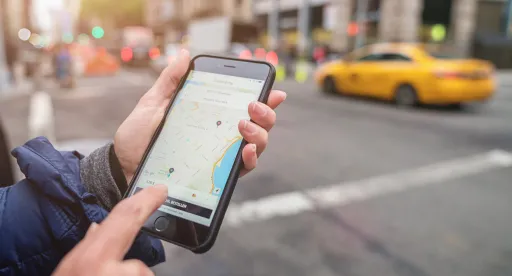In January we shared a post about a labor battle brewing in Seattle and things look to be heating up. As we reported, the City of Seattle adopted its final rules to implement an ordinance allowing Uber and other for-hire drivers to unionize. The rules drew fire from both sides of the debate as they set specific unionization requirements, including the driver eligible requirements to vote for a union.
As of January, the City was facing a court battle with a subsidiary of Uber over these very rules. Since then, other big players have jumped back into the mix. Last week, the U.S. Chamber of Commerce brought a second federal court action against the City. The Chamber’s first at-bat in federal court failed to gain traction when a judge ruled that the law had not yet been implemented, the Chamber had not suffered harm, and it did not have standing to sue. The second attempt may gain more traction, as the recently implemented rules are now in effect.
The Chamber isn’t the only group taking action against the City – eleven drivers also sued Seattle in federal court last week. Interesting, the Chamber and the drivers share similar opinions on the applicability of the National Labor Relations Act – namely that it does not apply to drivers who are not employees of Uber, Lyft, and other ride-sharing apps.
This case is highlighting a growing trend in labor law. Unions are increasingly looking to expand their representation of different industries. In recent years the most significant National Labor Relations Board decisions have not dealt with “traditionally” unionized workforces: consider decisions impacting student-athletes, healthcare workers, bar and restaurant staff, and now Uber drivers. We will certainly keep a close eye on these and other cases in the coming months.




 />i
/>i

